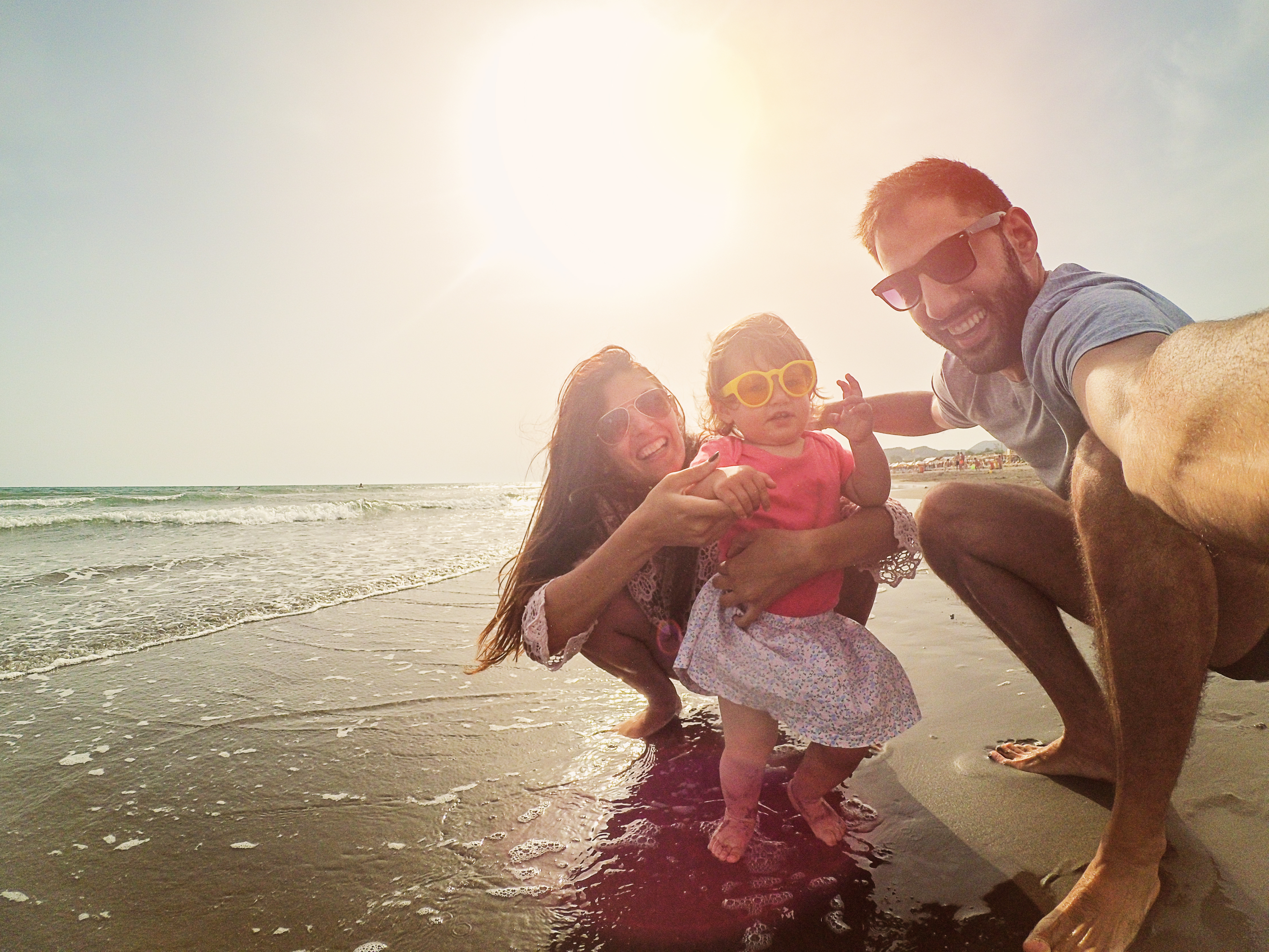Here are the best ways to protect your eyes from UV rays

Written by Dr. Lucy Franklin of UK Advanced Eye Care. Dr. Franklin is board certified by the American Board of Ophthalmology and is a member of the American Academy of Ophthalmology.
What are UV rays and how do they affect our eyes?
Ultraviolet (UV) rays are a type of electromagnetic radiation that comes from the sun. It is important to realize that while the majority of UV rays come from our sun, there is also a risk of exposure elsewhere, including tanning beds. Ultraviolet light is broken down into subtypes, including UVA and UVB rays. When it comes to protecting our skin from UV damage, most of us are well educated on the benefits of using sunscreen to prevent cancers. We sometimes do not realize that it is just as important to take steps to protect our eyes from these same damaging rays.
Ultraviolet rays are known to cause a variety of problems for the eyes, including growths on the eye surface such as pterygia, cataracts, and cancers. Additionally, exposure to sunlight reflected off of water, sand or snow can cause a condition called photokeratitis, sometimes referred to as snow blindness.
Can certain medications or conditions make people more vulnerable to UV damage?
Certain medications and conditions can make people more vulnerable to UV damage. Some medications most commonly associated with an increased risk of photosensitivity include:
- Antibiotics such as those in the tetracycline and fluoroquinolone families, and trimethoprim
- Nonsteroidal anti-inflammatory medications such as ibuprofen and naproxen
- Antihypertensives such as hydrochlorothiazide and diltiazem
- Cholesterol-lowering agents in the statin family
Please note this is not a comprehensive list, just some of the more commonly used medications on the long list.
There are also certain conditions or traits that can lead to higher vulnerability to UV damage. Melanin is a natural pigment occurring in many parts of the body, including skin and eyes, that can be protective in blocking UV radiation from causing damage that can lead to cancers. Those with lighter colored eyes (less melanin) or conditions such as albinism are at higher risk for damage from UV rays.
Fact or fiction: Darker sunglasses = better eye protection
As ophthalmologists, we often field questions about sunglasses and how to choose the appropriate eyewear when it comes to protecting our eyes from sun exposure. Darker sunglasses do not necessarily impart better eye protection.
How should we choose the right sunglasses?
The most important feature when looking for sunglasses is the UV blocking ability of the lenses. You want a pair that blocks 99 or 100 percent of all UV light (including UVA and UVB). Polarization helps to reduce reflected glare, but just like the darkness of the lenses, this has nothing to do with the UV blocking capability of the lenses. Generally speaking, sunglasses that are wraparound styles are ideal because they block a larger amount of the damaging rays. In addition to sunglasses, broad brimmed hats offer even more protection.
Fact or fiction: We don’t need sunglasses when it’s overcast.
Another common misconception is that we do not need to wear sunglasses when it is overcast or during winter months. The sun’s rays and UV light can pass through haze and clouds. Sunglasses and eye protection should be used year-round. Another important tip is to make sure children are following these same recommendations to prevent the long-term effects of sun exposure.
How important is it to use eye protection when swimming, doing yard work, etc.?
It’s always important to consider eye protection. Common summer activities such as swimming and yard work are especially important scenarios when we should be thinking about the health and safety of our eyes. Exposure to chemicals, such as chlorine, while swimming can be tough on the tear film – the layer of tears that coats and protects the ocular surface. Swimming without eye protection can lead to eye redness, irritation, and even dry eye. Dry eye can lead to an increased risk of eye infection. Using goggles, artificial or lubricant tear drops, and rinsing the face/eyelids after swimming can help prevent these issues.
Using eye protection with wraparound styles while doing yard work can significantly reduce the risk of eye injuries. This is a simple step to prevent what can lead to permanent loss of vision, function, or even loss of an eye.
To schedule an appointment with UK Advanced Eye Care, call 859-323-5867. To purchase eyeglasses or sunglasses, visit our Optical Shop at UK HealthCare – Turfland, or call 859-323-3045.





